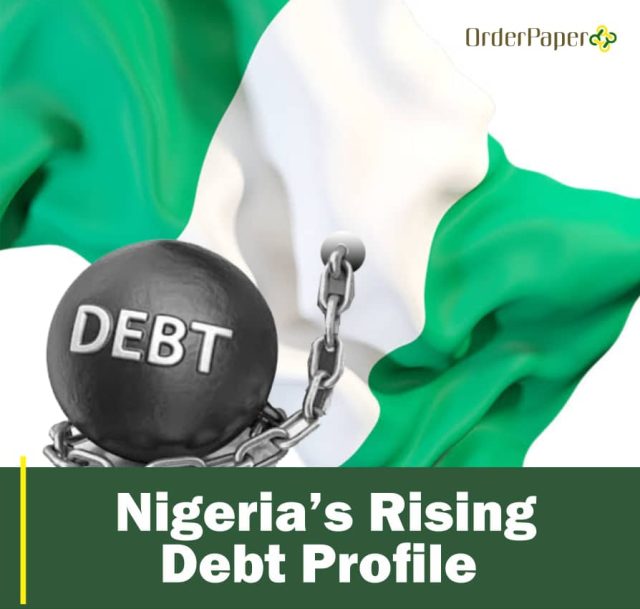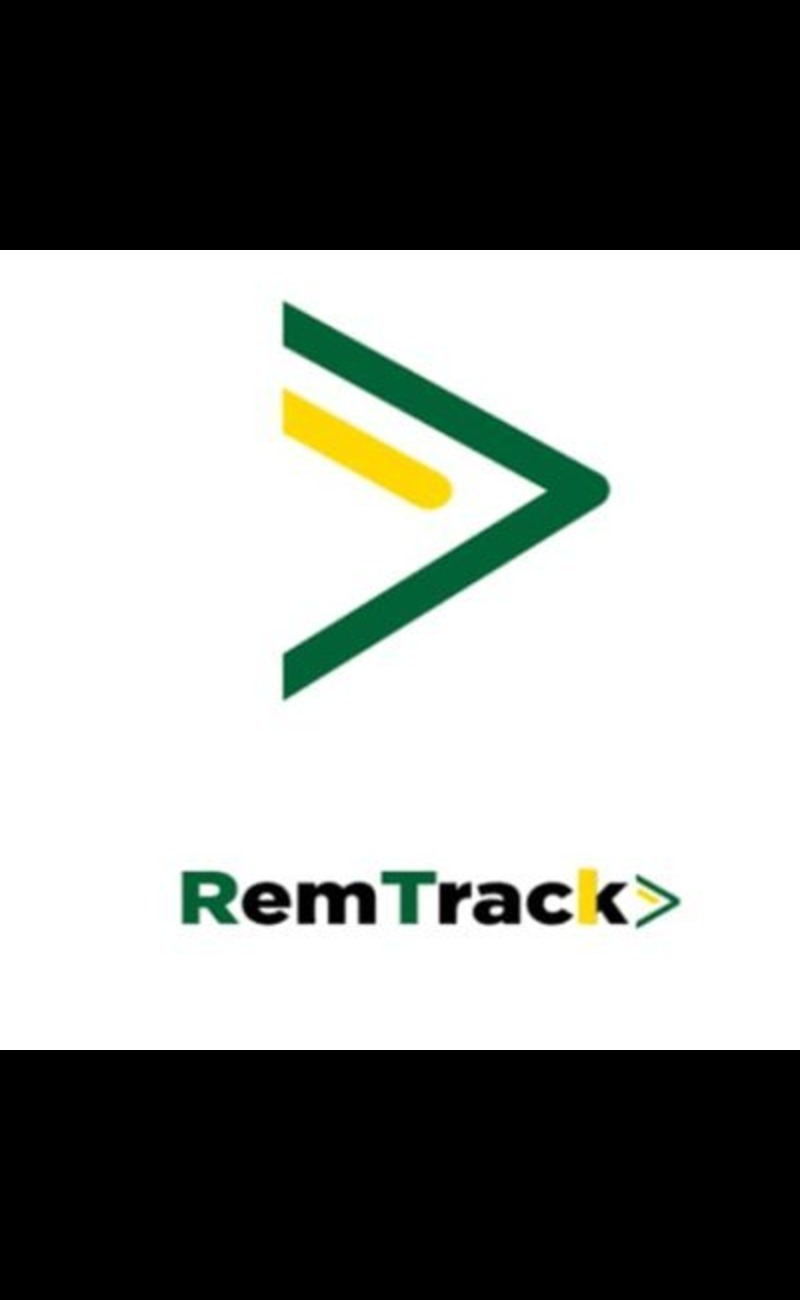Stakeholders on fiscal management have demanded for openness in the country’s debt affairs.

A panel of experts has advocated for responsible debt management, transparency and accountability from the executive, the national assembly and the Debt Management Office (DMO).
They made this call at a recent National Policy Dialogue Fiscal Reforms and Debt Management, on June 10, 2024 organized by the OrderPaper Advocacy Initiative alongside various Civil Society Organizations (CSOs) including the Centre for Transparency Advocacy (CTA), HipCity Innovation Center, CLICE Foundation, and AdvoKC, as part of the Growth Initiatives for Fiscal Transparency (GIFT) project which was tagged: “Fiscal reforms and current economic climate.”
The panel discussion was moderated by Jubril Shittu, CEO of the Public and Private Development Centre (PPDC). Panelists included Eze Onyekpere, Lead Director at the Centre for Social Justice, Olusegun Elemo, Executive Director of the Paradigm Leadership Support Initiative (PLSI), and Chris Uwadoka, Special Adviser representing the Chairman of the Fiscal Responsibility Commission.
Key resolutions from the panel included:
- The Executive should publicly announce any intentions to borrow funds.
- The National Assembly should conduct public hearings on proposed borrowings.
- The DMO should regularly update and provide detailed debt data on its website.
Eze Onyekpere underscored the disconnection between Nigeria’s monetary, fiscal, trade, and industrial policies, highlighting the need for synchronized policy implementation. He pointed out the importance of understanding demand and supply dynamics, particularly in foreign exchange management.
Onyekpere addressed Nigeria’s critical debt issue, noting that the borrowed funds are not effectively improving infrastructure or business conditions as expected. “In other countries, increased borrowing leads to enhanced infrastructure and business environments, thereby boosting productivity and tax revenues,” he explained. He stressed the necessity for borrowings to positively impact the economy, which is currently not the case in Nigeria.
Additionally, Onyekpere criticized the DMO for not fulfilling Section 29 of the Fiscal Responsibility Act.
He said “ The DMO should have the database of all public debts and not for it to come at every December 31st to say that Nigeria’s debt is 5bn. The database should include the details and agreement signed for each debt, the repayment, the tenure, the indicators and what it is to be used for, you can not find that on DMO website.”
Chris Uwadoka, representing the Fiscal Responsibility Commission, highlighted the importance of robust fiscal policies and the government’s efforts to implement comprehensive fiscal reforms. He advocated for the Fiscal Responsibility Commission to have enhanced powers to enforce compliance, stressing that transparency and accountability in public finance are crucial.
Olusegun Elemo praised the role of civil society in promoting good governance and urged CSOs to engage with Nigerian Labour Unions (NLC) and the Trade Union Congress (TUC) to hold the government accountable.
The GIFT Project aims to amend the Fiscal Responsibility Act (FRA) of 2007 to reduce opacity, increase transparency and accountability, and promote the prudent use of public resources. The project is supported by the United States Agency for International Development (USAID) through the Strengthening Civic Advocacy and Local Engagement (SCALE) Project, implemented by Palladium.



